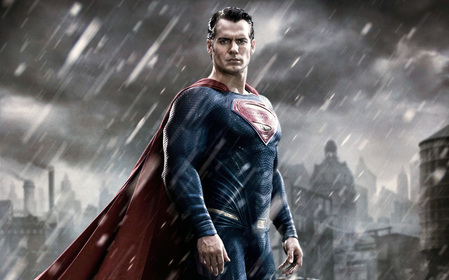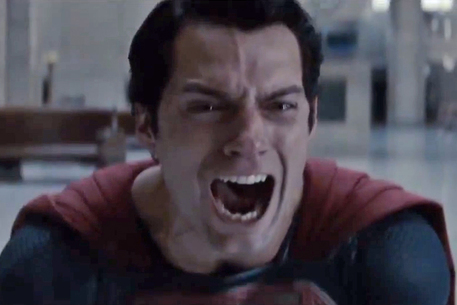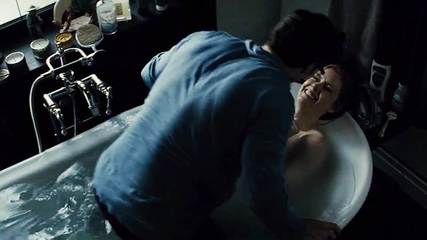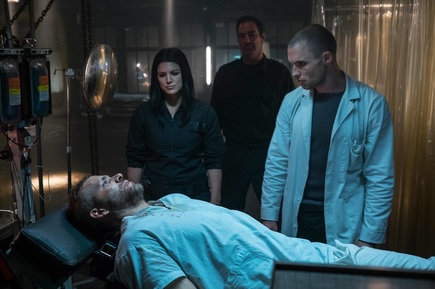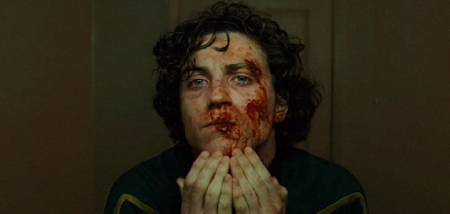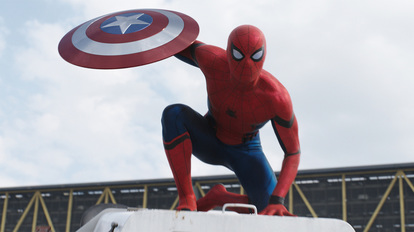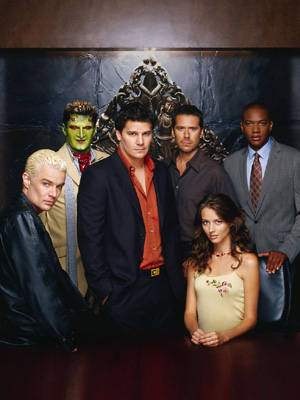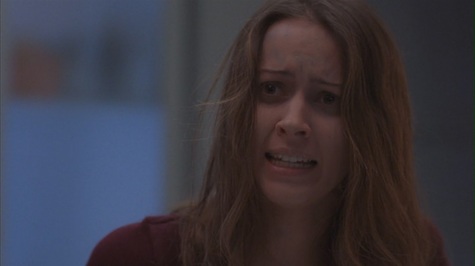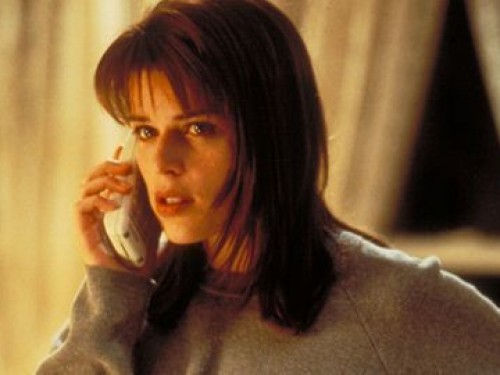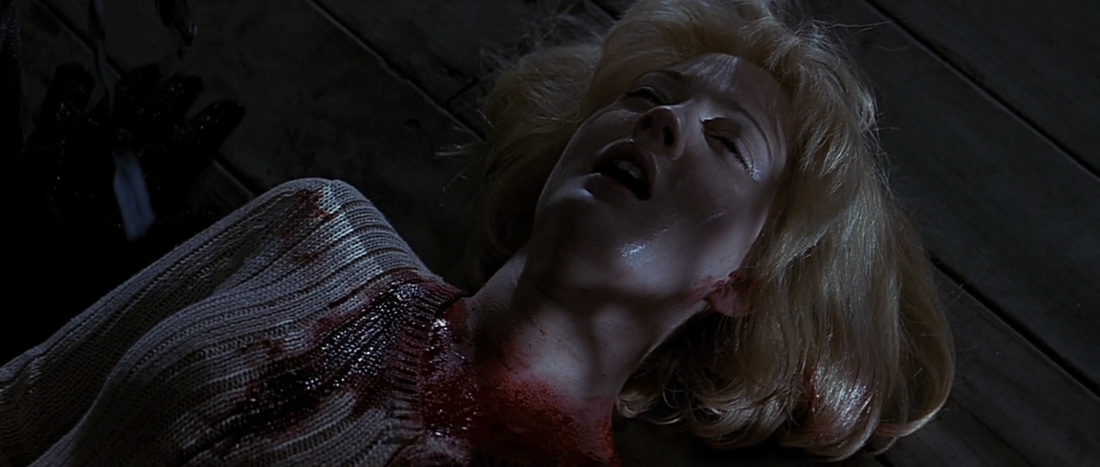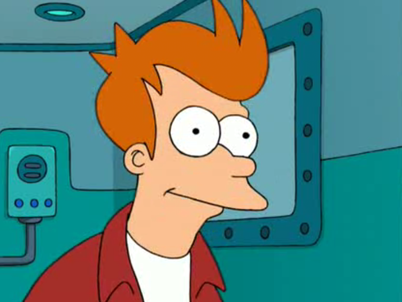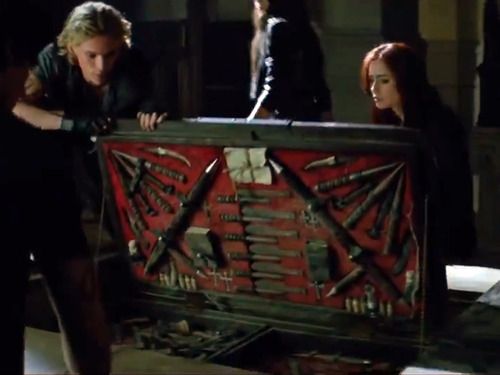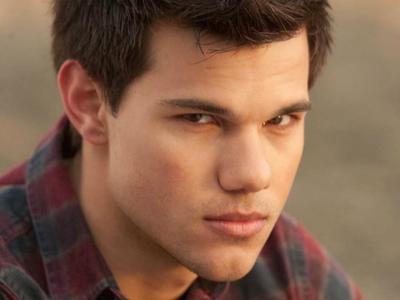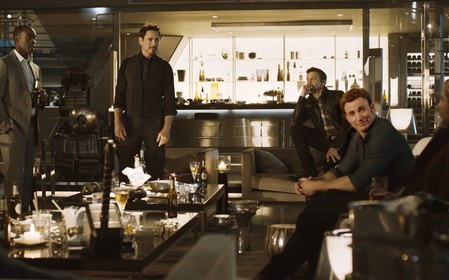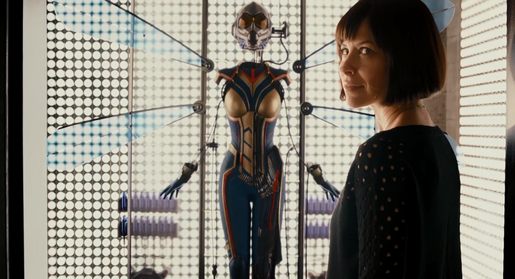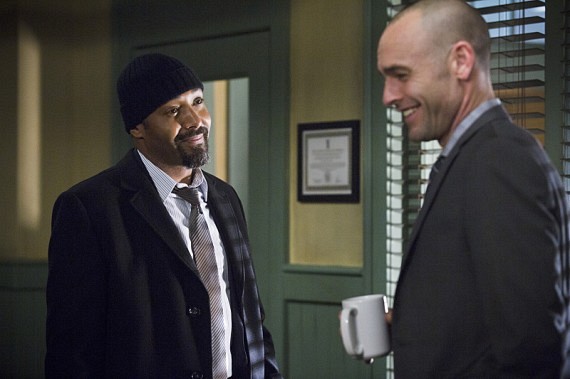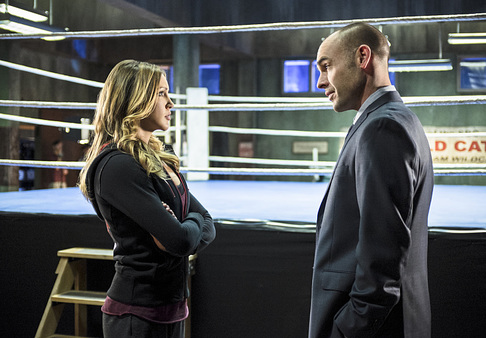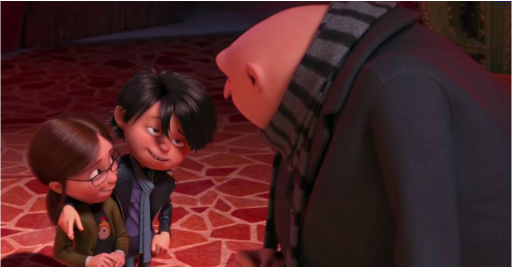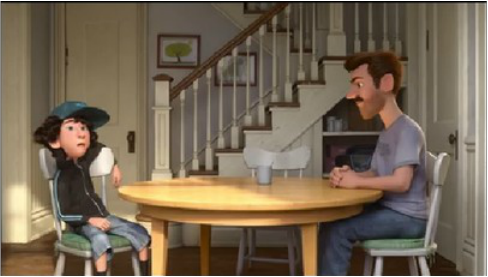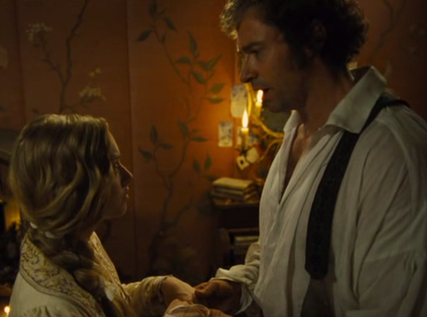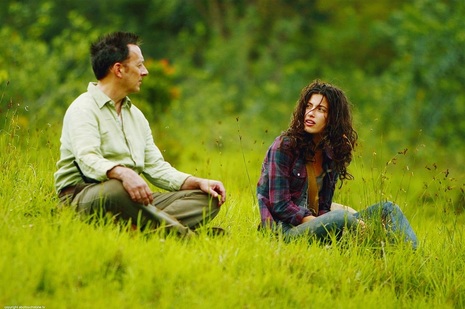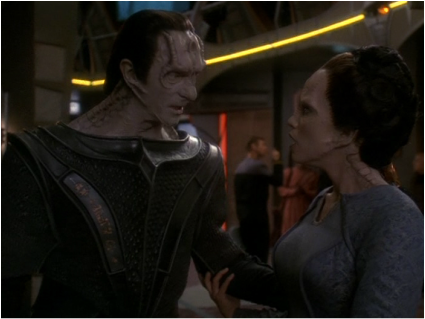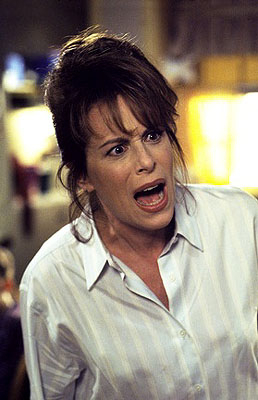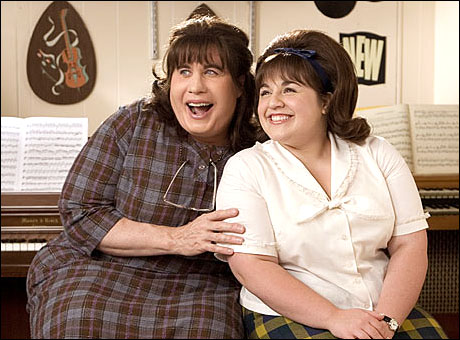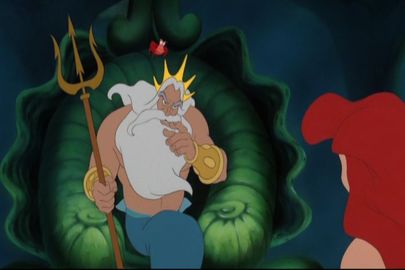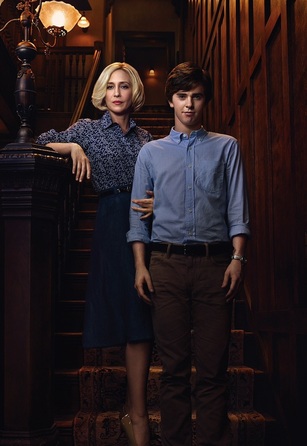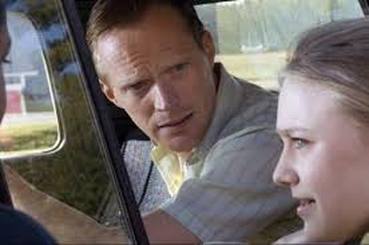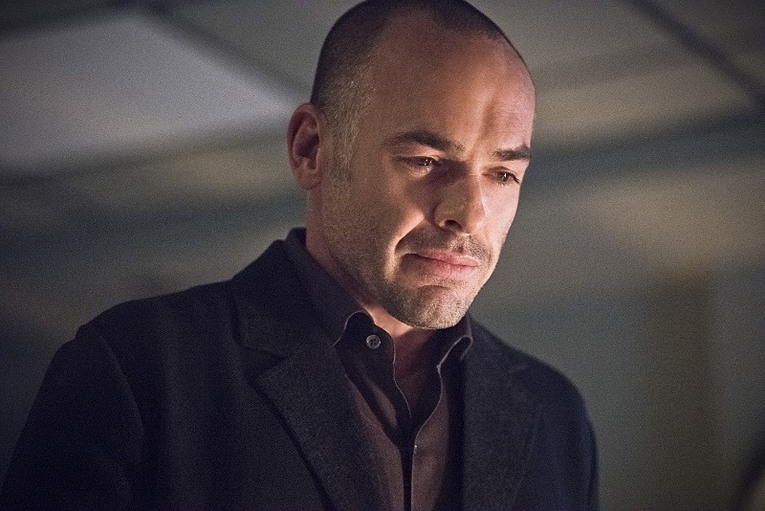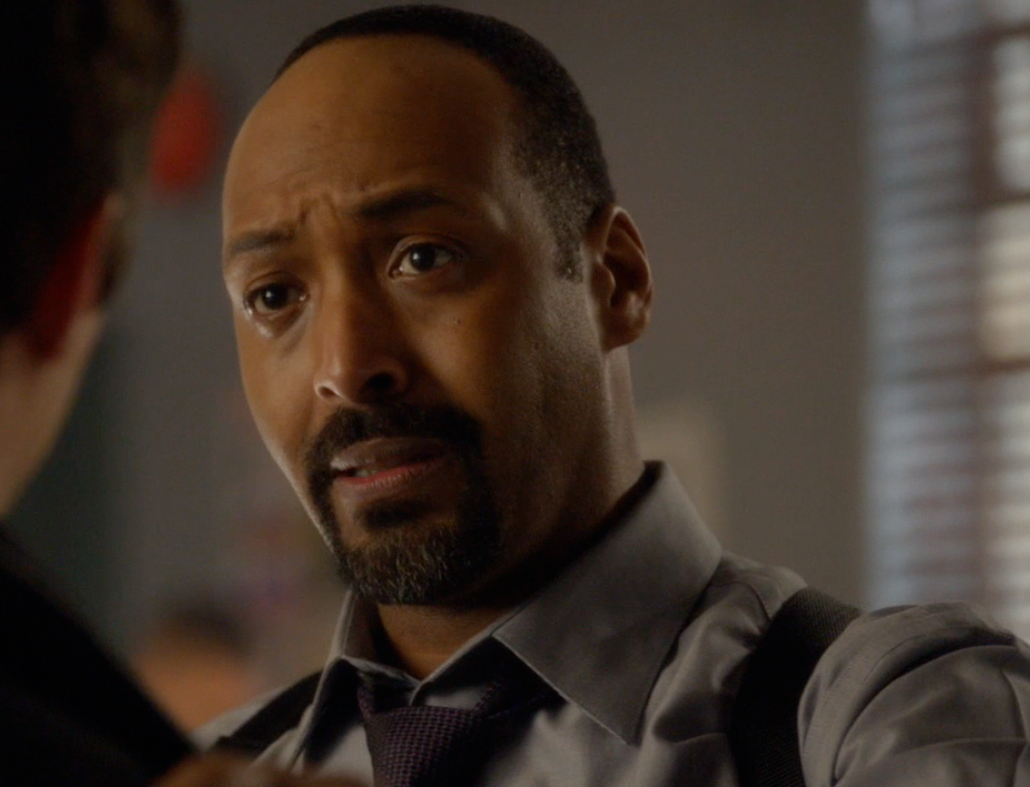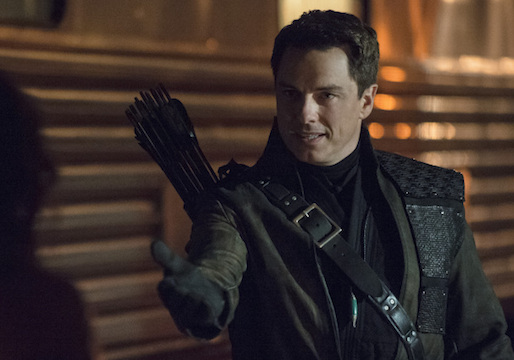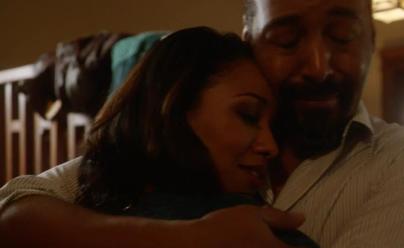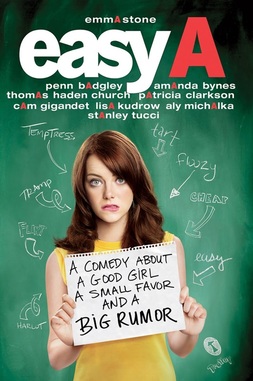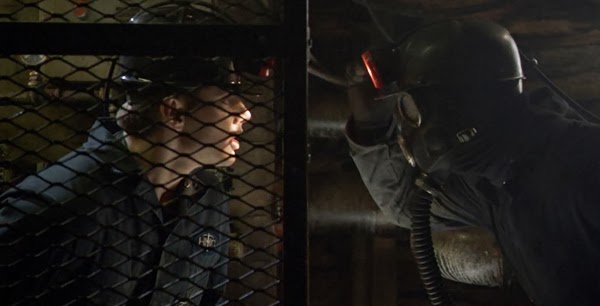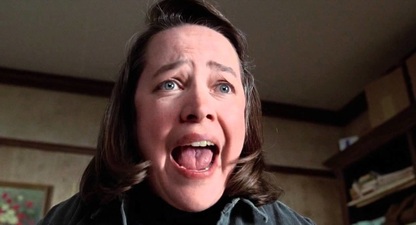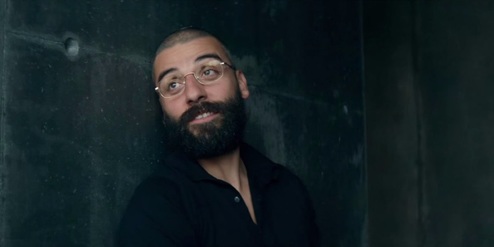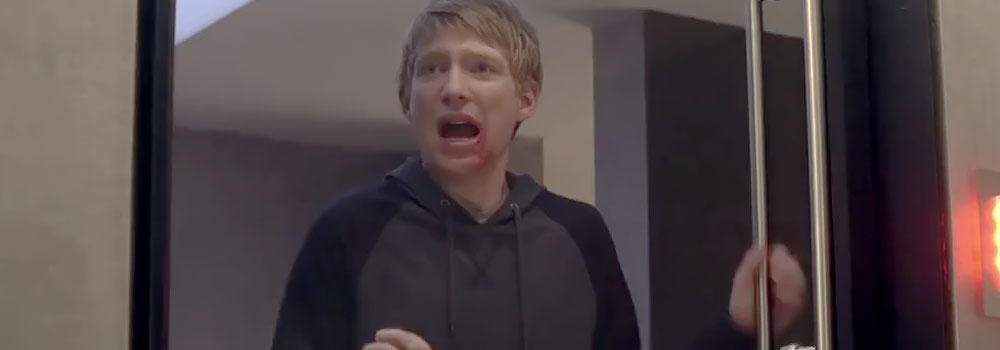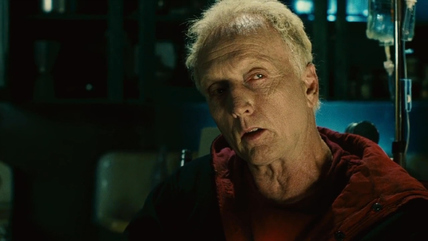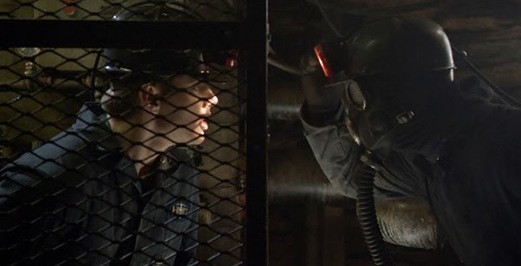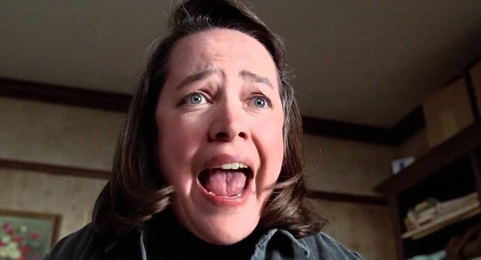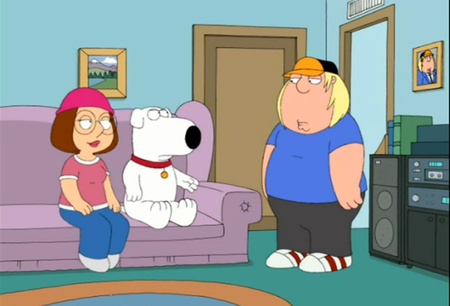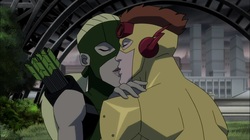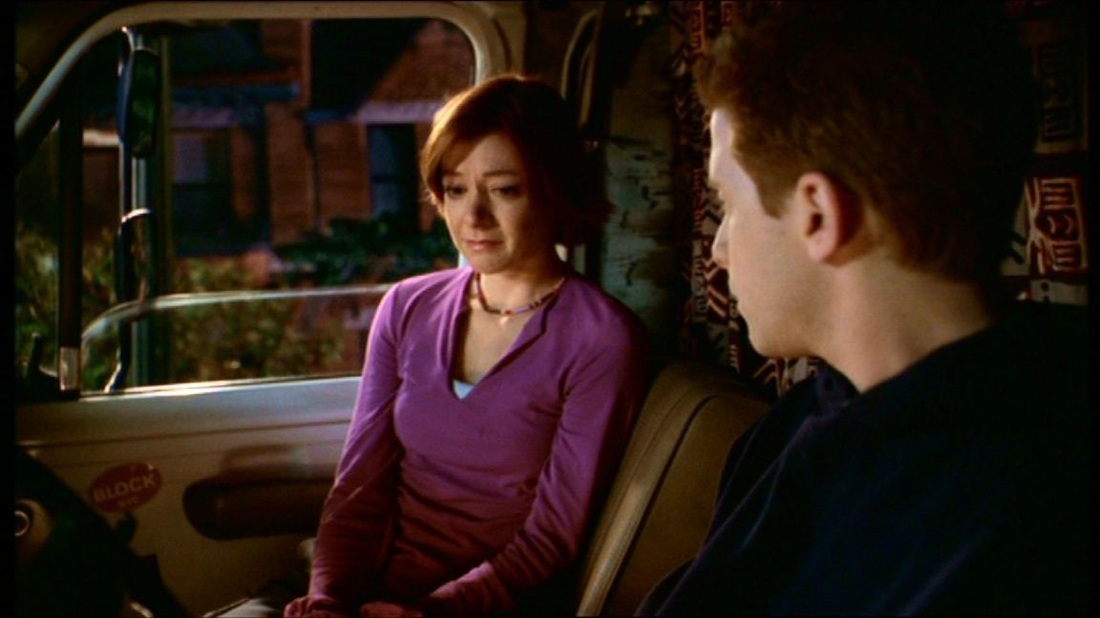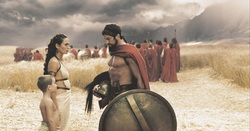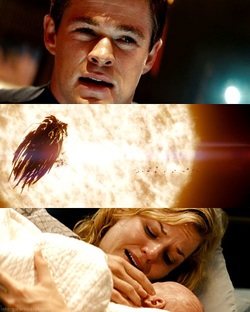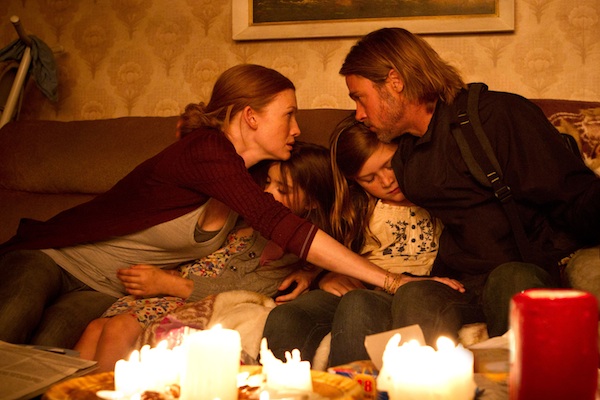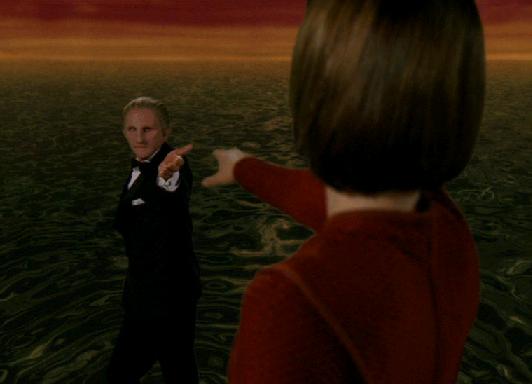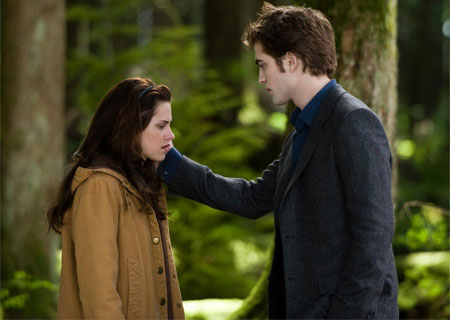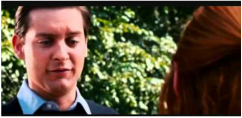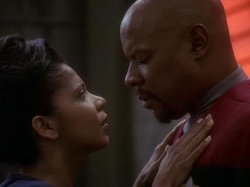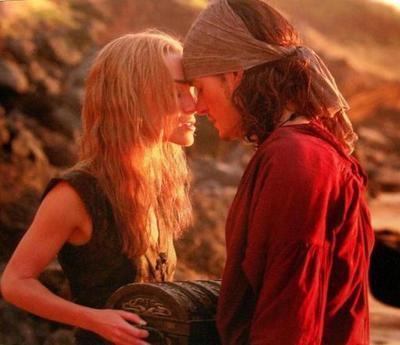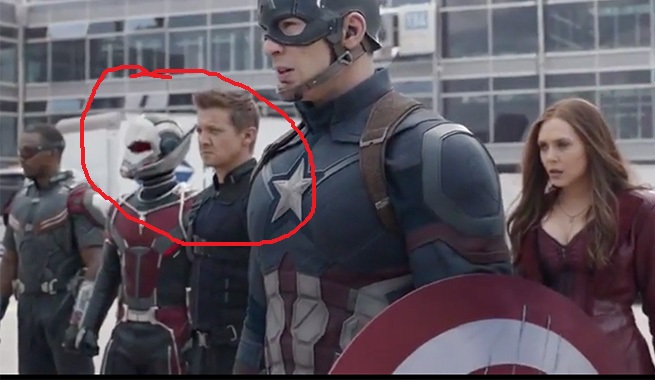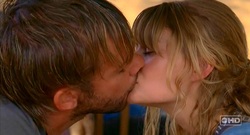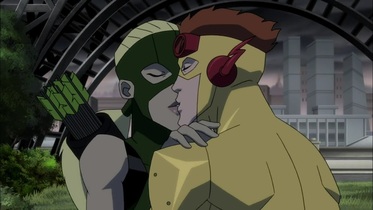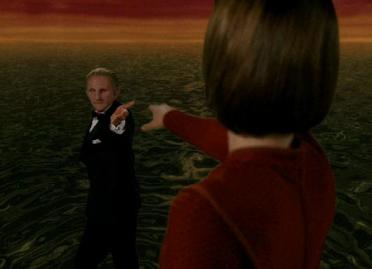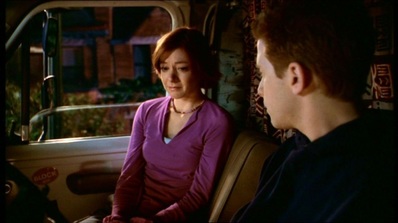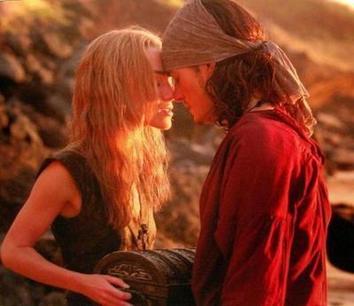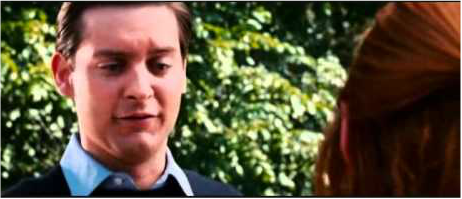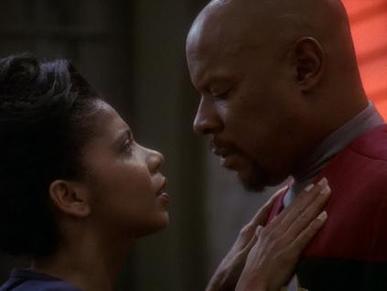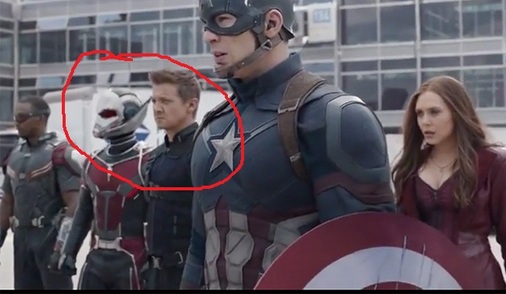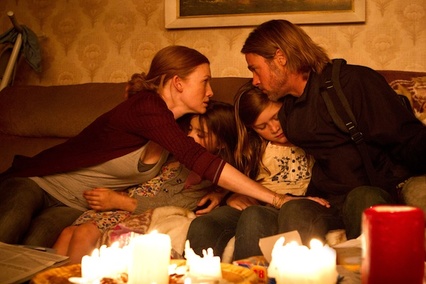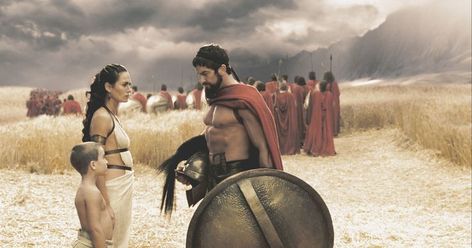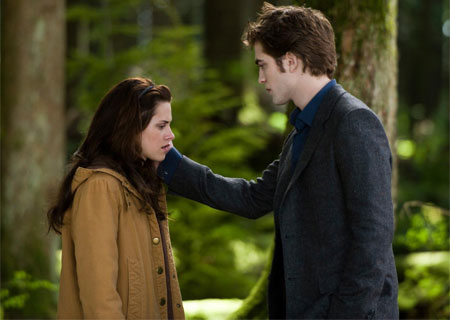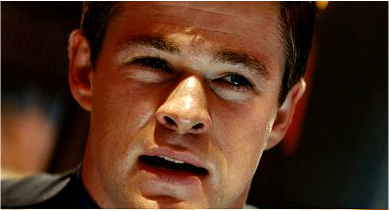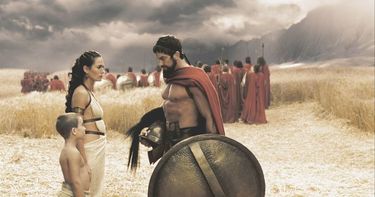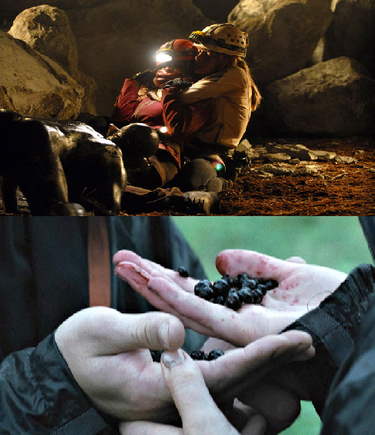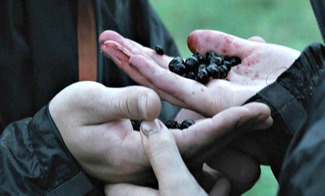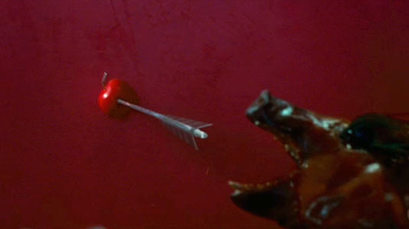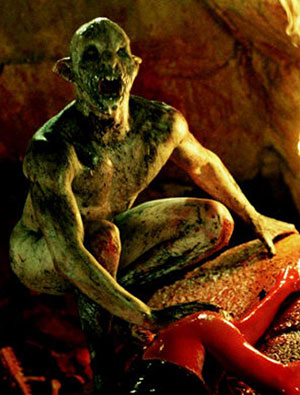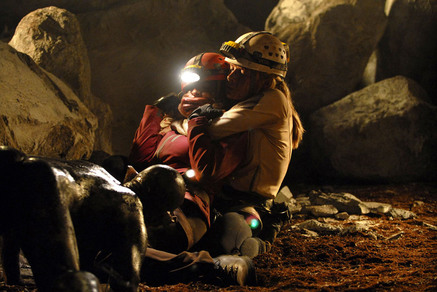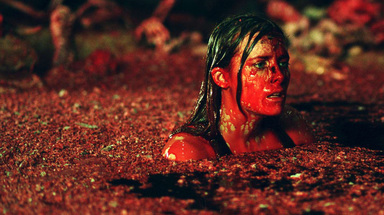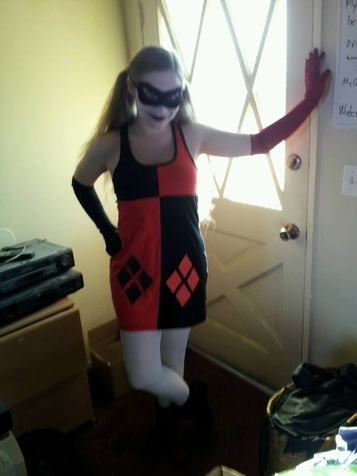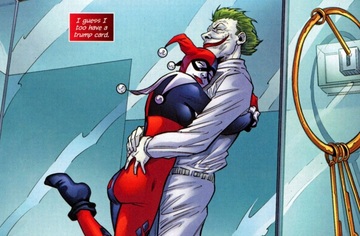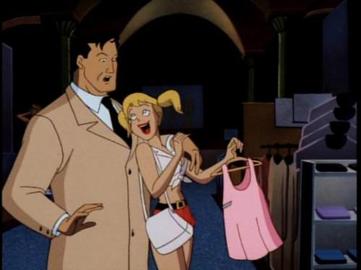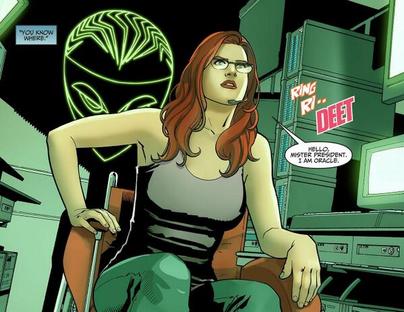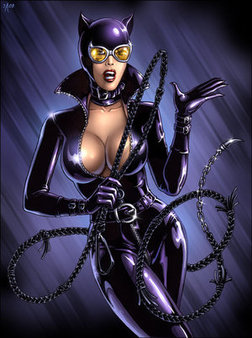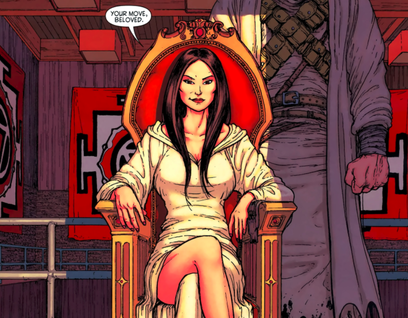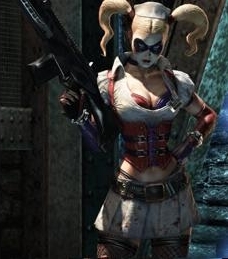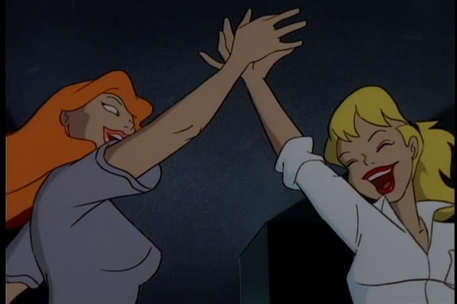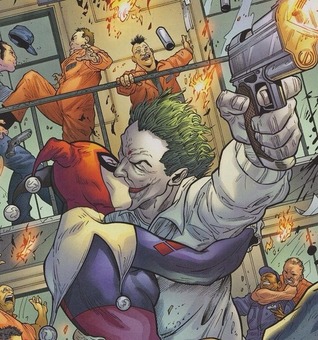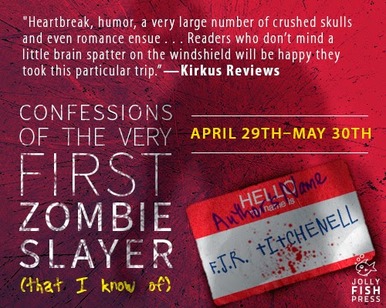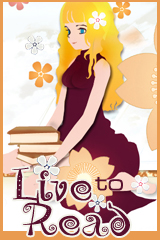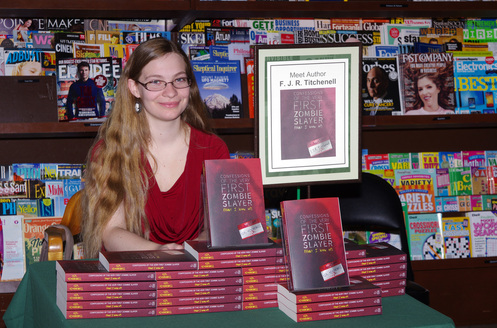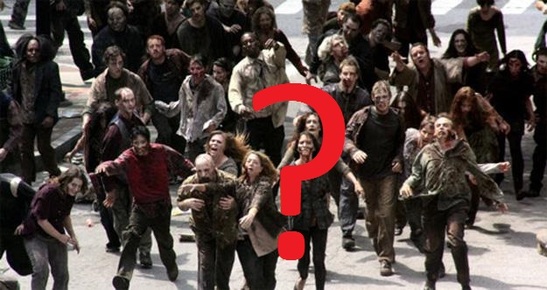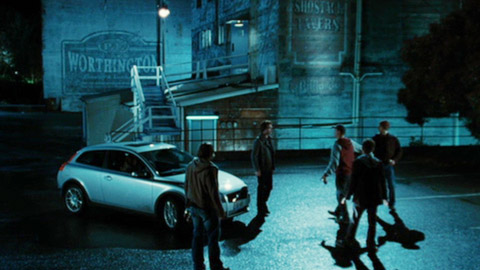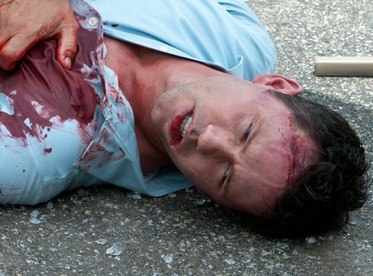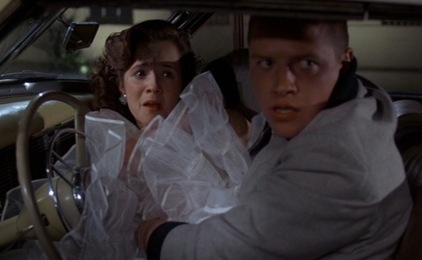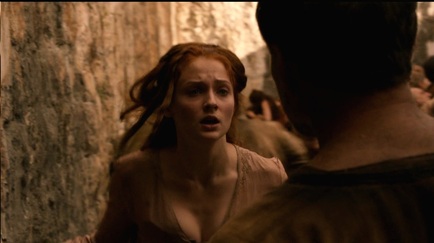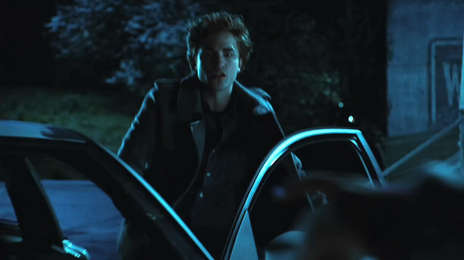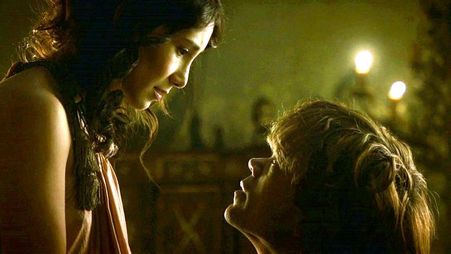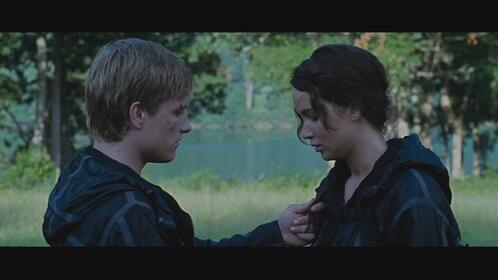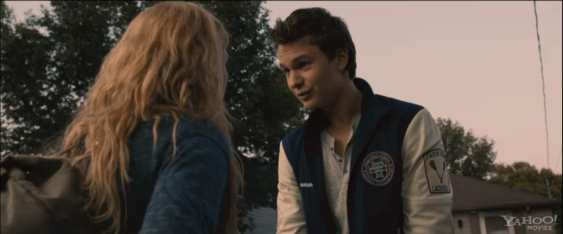Okay, fiction rant time:
Can we stop arguing over whether superhero movies are too dark or just dark enough, as if level of darkness is a single defining aspect by which these movies can be quantified and catalogued?
Can we please talk instead about whether these movies are good?
I don’t demand that superhero stories make me feel warm and fuzzy inside. I don’t demand that they make me feel sad or disturbed. All I ask is what I ask of every story:
Make me feel something. Well, something other than bored, insulted, or ironically amused. Make me feel something on purpose.
You want to tell a superhero story that will make me laugh? Make me laugh. You want to rip out my heart and drag it through the mud? Do it. I dare you. I will thank and respect you for it if you can.
Man of Steel and Batman V. Superman utterly fail in this attempt. Why? Because they pile up the mud as high as they can, and they pull with the power of a freakin’ locomotive, but what are they pulling on? It’s sure as hell not my heart, because no part of these movies ever bothered to put the hooks into it first.
You can knock over as many imaginary buildings as you want. No one’s going to shed a tear if we haven’t had the chance to care about anyone inside them. You can put Superman through an endless gauntlet of public scrutiny and criticism, but if all you ever show us about your version of Superman is how much he has it coming, who cares?
One shot of playfully falling fully clothed into a bathtub does not a character make.
Deadpool works because it knows what it wants to be; a smart, biting, R-rated meta comedy, and that’s what it is. It goes all out with its humor and does it well, but it lets in the darkness where the character development calls for it.
Ditto Kick-Ass.
Ant-Man and Guardians of the Galaxy work on a similar principle, starting with the fun and letting in the dark when it fits.
Civil War manages to make it mostly work in reverse, by starting with a very serious storyline, but still taking the time to show us some of the lighthearted, banter-filled friendships that stand to be destroyed by said storyline, making the darkness mean something.
Different people have different tastes when it comes to ideal level of darkness, and an argument can be made that certain existing characters, like Superman, aren’t compatible with the dark end of the spectrum without losing their inherent spirit. That’s a valid criticism, but it doesn’t come anywhere near covering what’s wrong with the new big screen Superman. Take any pre-existing attachment to any particular ideas of Superman or Batman or comics in general out of the equation, and these still aren’t good movies.
Darkness does not equal substance. Absence of darkness does not guarantee fun. Darkness does not correlate or inversely correlate with quality. Darkness is one dimension among many that make up storytelling, and when it’s the only dimension your formula accounts for, guess what? You get one-dimensional stories.
So that’s your answer, DC movie makers. Your problem isn’t that you need to make your movies darker or lighter. Your problem is that you need to stop fixating on that dimmer switch and make them better.
Rant complete.
Agree? Disagree? Comments are always welcome! Or keep up with my fictional musings by joining me on Facebook, Pinterest, Twitter, or by signing up for email updates in the panel on the right!
